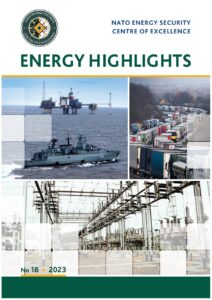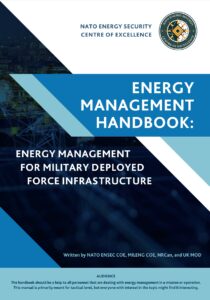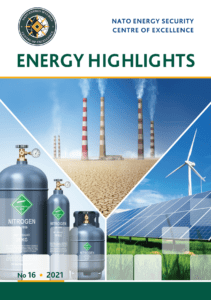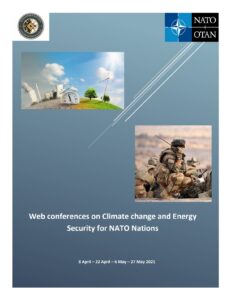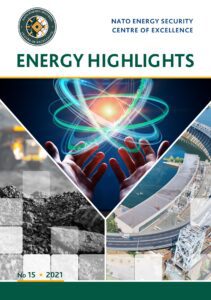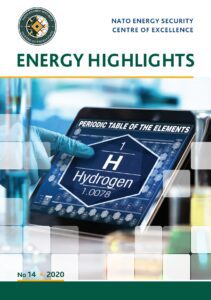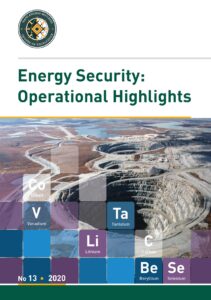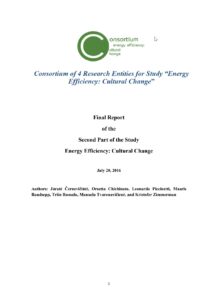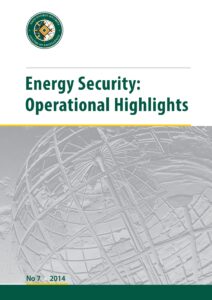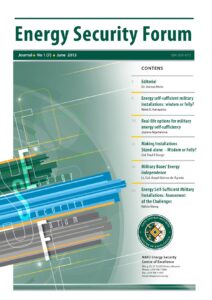
Nitrogen based fuels have several advantages over carbon-based fuels. No greenhouse gases (GHG) or health compromising compounds are emitted during the combustion and the subsequent waste gas treatment of most nitrogen bases fuels. When nitrogen based fuels are produced with power from renewable sources, no GHG are emitted during the production process either. All nitrogen based fuels originate from ammonia (NH3), which is produced via the Haber-Bosch-Process. Ammonia combustion engines have been developed and tested as prototypes for several decades. In recent years the interest mainly for use in naval propulsion systems has grown. Marketable fuels cells using ammonia are now commercially available, as well as fuel cells using hydrogen which was stripped from the ammonia. Hydrazine is a commonly used rocket propellant but is not used in civil environments due to its high toxicity. Ammonium nitrate and urea engines are fringe applications which were currently tested in laboratory environments. Production of nitrogen based fuels by using renewable power sources would be most economically feasible with energy produced in the global Sunbelt. Since the necessary Haber-Bosch technology is mature and plants are existing in all major agricultural countries, the upscaling of ammonia production seems easily possible. The prime advantage of nitrogen based fuels are both, the intrinsic lack of carbon as well as the technological maturity of their production, transport and storage. As the various propulsion engines and the combustion technologies reach technical maturity, nitrogen based fuels will certainly become attractive for a decarbonizing world.
by Dr. Jutta Lauf, Wsewolod Rusow, Dr. Reiner Zimmermann

